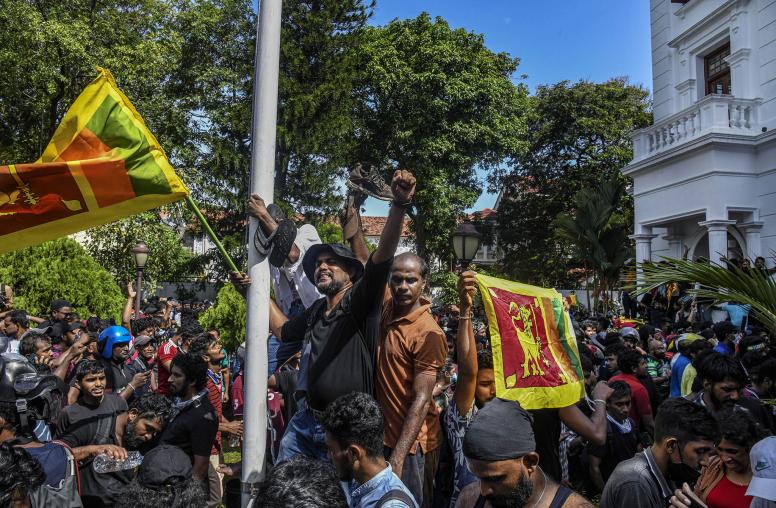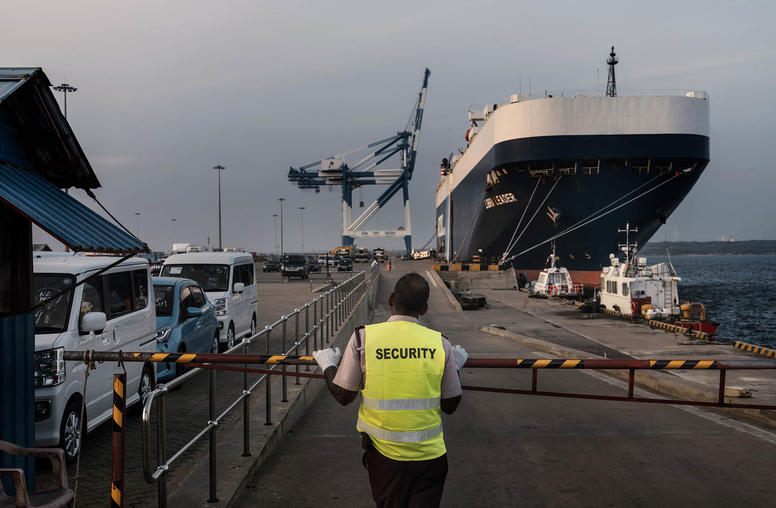 Sri Lanka
Sri Lanka
In 2022, Sri Lanka witnessed its worst economic crisis since independence in 1948. Food and fuel shortages and rampant inflation drove protest movements across the country, culminating in the resignation of former President Gotabaya Rajapaksa. The country continues to reckon with the aftermath of the 2022 crisis along with the lasting legacies of a nearly three-decade civil war, which ended in 2009. Priority themes of focus for USIP include transitional justice, fragility of democratic institutions, and Sri Lanka’s strategic role in the Indo-Pacific.
Featured Publications

Sri Lanka’s New President Faces Daunting Challenges and High Hopes
Two years after a seismic political and economic crisis rocked Sri Lanka and brought citizens to the streets in mass protests movements that ousted President Gotabaya Rajapaksa, Sri Lanka’s citizens went to the polls to cast their votes for a new president. On September 21, Sri Lankans elected the left-leaning Anura Kumara Dissanayake over established politicians including incumbent President Ranil Wickremesinghe and opposition leader Sajith Premadasa. Dissanayake’s election represents a clear break from Sri Lanka’s old guard political parties, but he will face similar challenges of navigating economic strain and a shifting geopolitical environment while working to deliver on election promises.

How Have India’s Neighbors Reacted to Its Election?
Narendra Modi was sworn in on June 9 for his third consecutive term as India’s prime minister. Public polls had predicted a sweeping majority for Modi, so it came as some surprise that his Bharatiya Janata Party (BJP) lost ground with voters and had to rely on coalition partners to form a ruling government. Although India’s elections were fought mainly on domestic policy issues, there were important exceptions and Modi’s electoral setback could have implications for India’s regional and global policies.

Indian Ocean Basing and Access: How Smaller States Navigate Major Power Competition
In late July, Sri Lankan President Ranil Wickremesinghe traveled to New Delhi to meet with Indian Prime Minister Narendra Modi. The trip addressed several important issues, such as greater connectivity. However, there was one item on the agenda that did not receive much media attention despite its potential impact on Indian Ocean regional security: Sri Lanka’s new standard operating procedure (SOP) to determine which military and non-military ships and aircraft may visit the country.